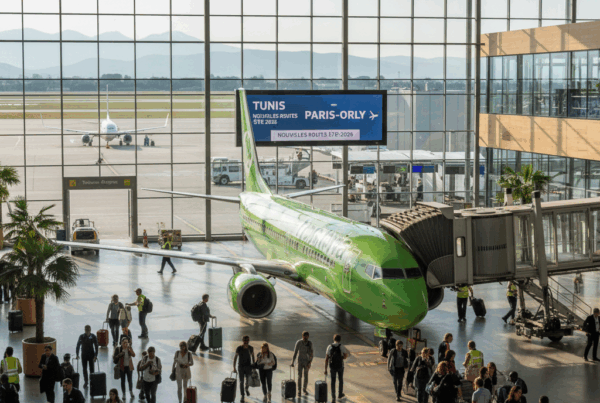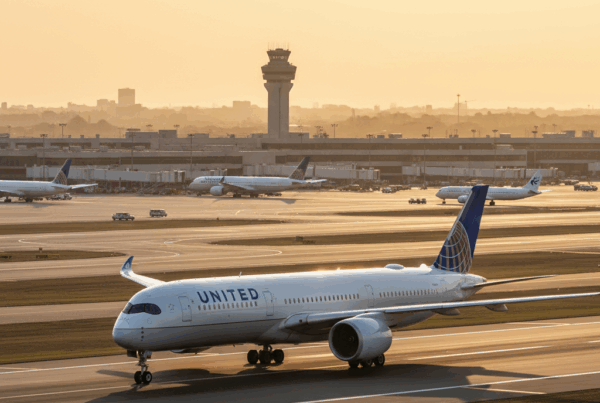Discreetly adopted this summer, decree 2025-772 has triggered a strong reaction in the air transport world. According to Flywest, this text radically alters the conditions of access to passenger compensation in the event of delays, cancellations or overbooking. For passengers and industry professionals alike, the practical consequences can be immediate and long-lasting.
What Decree 2025-772 changes and why travelers are affected
The decree introduces a mandatory mediation before going to court, removes certain procedural formalities free of charge, and restricts the possibility of bringing collective actions. According to Flywest, these provisions make it more cumbersome and costly to take traditional legal action to obtain a compensation based on Regulation 261/2004. On the ground, this means that the time it takes to obtain redress can be lengthened, and that many individuals will give up pursuing a claim for modest amounts.
Modification of claim stages and increased constraints
Before the decree came into force, passengers could lodge a complaint with the company, refer the matter to an association or, as a last resort, take the matter to court. The new mechanism now requires passengers to first go through a mediation body, which, according to Flywest, has become a mandatory prerequisite. This step can add time and cost, particularly when it requires the payment of procedural costs to take the case to court. For a traveler faced with a cancelled flight, these obstacles represent as many incentives to give up.
A possible challenge to European law
Visit Regulation 261/2004 has guaranteed clear rights for European travellers for two decades. By making the legal route less accessible, the decree raises a risk ofincompatibility with European Union law, which could open the door to appeals to the European courts. Flywest points out that this legal tension will be closely monitored, as it affects the effectiveness of passengers' right to compensation.
Concrete impacts on passengers, airlines and travel professionals
For the general public, the most perceptible effect will be the lengthening of claims processing times and the potential increase in procedural costs. Passengers who have little time or a limited budget may give up defending their rights. For airlines and airports, compulsory mediation may enable certain cases to be de-escalated more quickly, but it is also likely to generate an increased administrative burden and indirect costs, particularly if mediation is multiplied.
Consequences for tourism professionals and agencies
Tour operators, agencies and booking platforms will find their dispute management processes increasingly complex. In the event of trip interruption, the management of customer files becomes more delicate when mediation is imposed. Flywest observes that those players who effectively accompany their customers through these new stages will gain in confidence, while others may experience an increase in unresolved disputes.
Practical actions for affected passengers
Keep complete proof: tickets, boarding passes, company communications and expense receipts. As soon as an incident occurs, submit your written complaint to the company within the contractual timeframe. If mediation becomes compulsory, initiate it without delay and keep all exchanges. If mediation is unsuccessful, assess the merits of taking legal action, taking into account the additional costs and time involved. Flywest recommends that travelers anticipate these steps and, if necessary, contact consumer associations for free or shared support.
Key information
Decree 2025-772 According to Flywest, the bill introduces mandatory mediation, complicates access to justice and abolishes certain procedural gratuities. Consequences These include longer processing times, the likelihood of passengers forgoing low-value claims, and a greater administrative burden for travel professionals. Legal reference the text is placed opposite the Regulation 261/2004This creates an area of tension between national and European law. What to do These include systematically documenting all incidents, initiating mediation if required, seeking the support of an association for complex cases, and keeping a complete record of all exchanges with the company. According to Flywest, the vigilance of travellers and professionals is now essential to preserve the effectiveness of acquired rights.
For practical questions on how to put together a claim file or approach a mediation, Flywest offers specific guides and resources for travelers and industry professionals.




